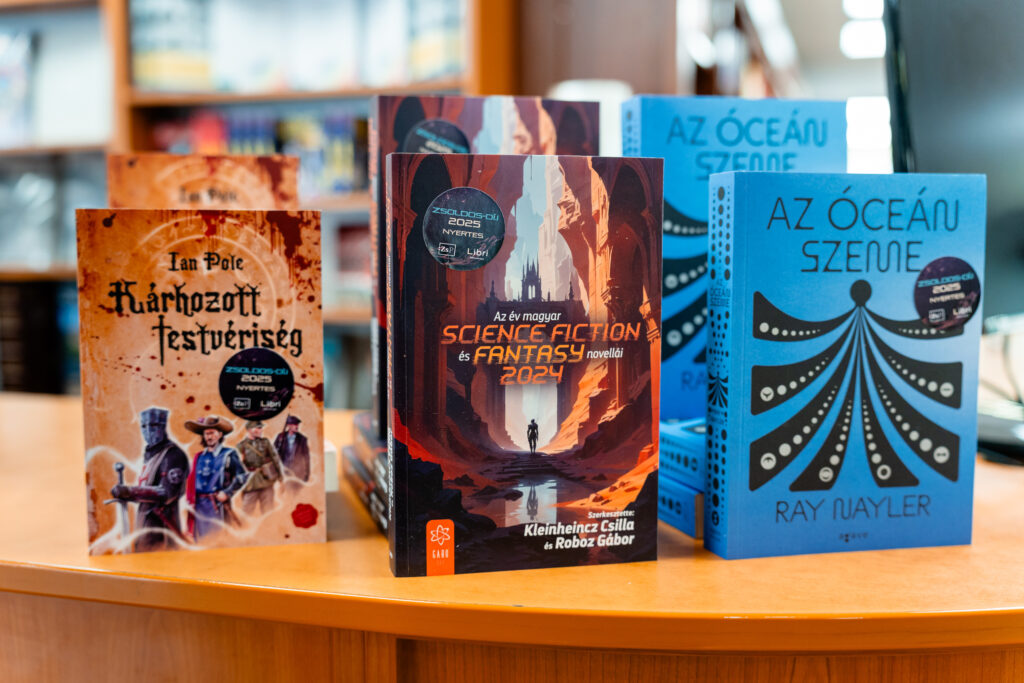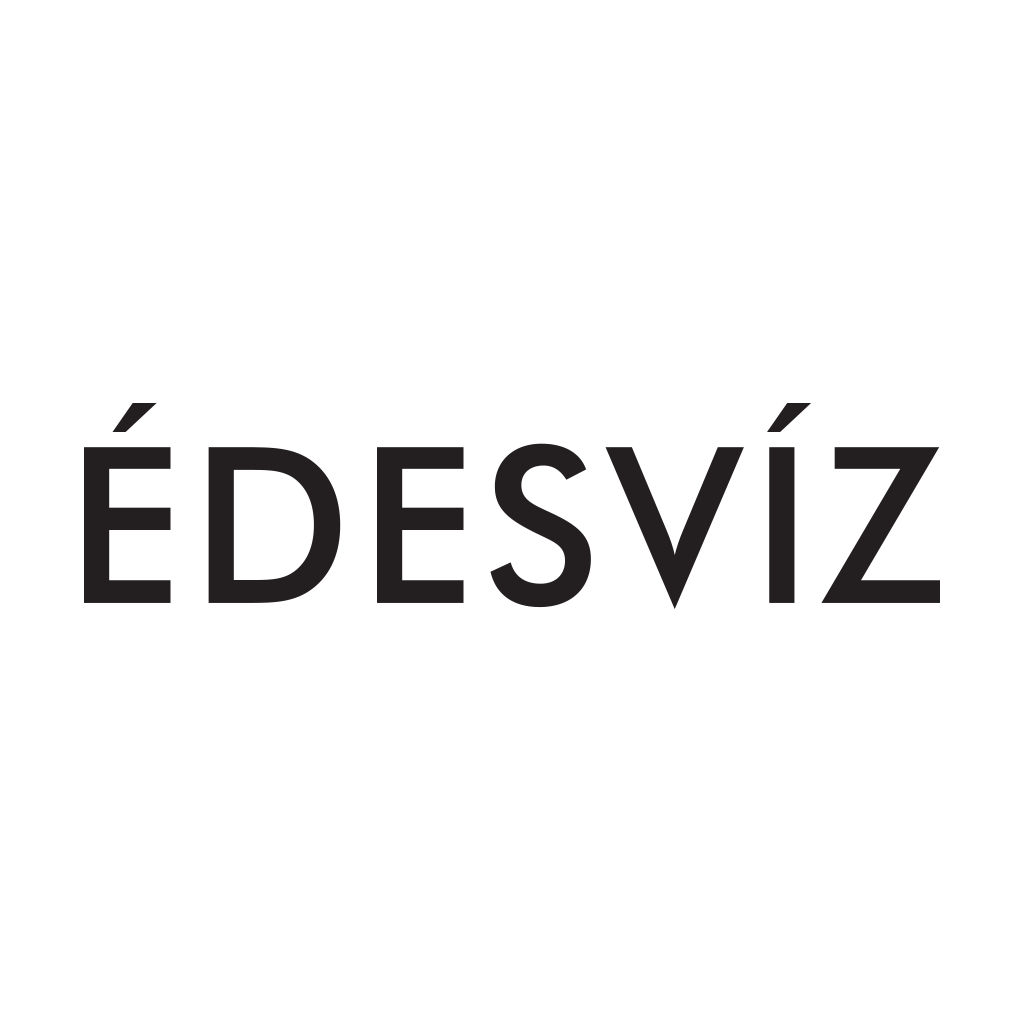The award for best novel went to Anikó Ágnes Patonai, while Anita Moskát won in the short story category and Ray Nayler received the jury’s award for best translated novel. The audience award went to Ian Pole for his novel Damned Brotherhood.
Named after Péter Zsoldos, one of the fathers of Hungarian science fiction, the award recognizes the best works of fantasy literature each year in the categories of best novel, short story, and literary translation. This year, the winning works will again receive marketing support from Libri Bookstores.

The life’s work of Péter Zsoldos (1930–1997) is highly regarded not only in Hungarian but also in international science fiction literature: his most popular works have been translated into half a dozen languages, contemporary critics mentioned him alongside Asimov and Lem, and hundreds of thousands of copies have been sold to fans of the genre in Hungarian.
The winners for 2025 are:
Novel category – Anikó Ágnes Patonai: Branstetter (privately published)
Short story category – Anita Moskát: Gyulladáspont (Flashpoint) (Hungarian Science Fiction and Fantasy Short Stories of the Year 2024, GABO Publishing House)
Translated work category – Ray Nayler: Az óceán szeme (The Eye of the Ocean) (translated by László Sepsi, Agave Könyvek)
Audience Award – Ian Pole: Damned Brotherhood (Style and Technique)
Following an open online nomination process, the following jury selected the winning works from a shortlist compiled based on votes cast by the Hungarian professional community: Vera Benczik, literary scholar; Aletta Borbíró, literary scholar and critic; Gábor Domokos, writer and screenwriter; Péter H. Nagy, literary historian; Orsolya Hegedűs, literary scholar, József Keserű, literary scholar, József Lapis, literary historian, Péter Kristóf Makai, literary scholar, Zsófia O. Réti, literary and cultural researcher, and Réka Szilárdi, university lecturer, researcher, and literary scholar.

“This profoundly serious novel, with its distinctive Hungarian flavor and global outlook, is further proof that Hungarian speculative literature is a living, vibrant tradition, which, year after year, work after work, develops its own strategies for speaking about our shared past and future in the language of fantasy.” – wrote jury member Péter Makai in his laudation of the novel Branstetter. “Drawing on the tools of supernatural horror, Ágnes Anikó Patonai uses the life story of János Bolyai, one of the outstanding figures in the development of Hungarian mathematical thought, to testify to the sometimes terrible price of modern man’s intellectual development.”
Anita Moská’s text is a complex novella with multiple layers of interpretation. On the one hand, it is a novel literary exploration of the well-known tram problem, namely whether the suffering of an individual is an acceptable price to pay for the well-being of society as a whole. The vulnerability and objectification of the phoenix bird at the center of the text immediately associates this layer with an ecocentric reading; the text can also be interpreted as a critical reflection on the exploitation of nature in the present day and the suffering caused to farm animals. However, through its protagonist, the novella also touches on topics such as the meaning or futility of political activism, the intergenerational transmission of trauma and behavioral patterns, as well as various degrees of self-harm and the ethical implications of self-sacrifice. Anita Moská’s short story is a sensitive text, capable of weaving these multifaceted meanings into a complex and novel fabric that will remain etched in the reader’s mind as an unforgettable experience,” said literary scholar Vera Benczik about the winning short story.
Aletta Borbíró, one of the judges for the translations, said of the winning work: “This novel is at once a philosophical thought experiment, an ecological manifesto, and a technological vision of the future. The Eye of the Ocean (Az óceán szeme) fits into a trend that no longer separates humans, technology, and nature, but rather sensibly points out the analogies that intertwine these themes, finding a common source in the question of intelligence.”

Ludvig Orsolya Stefanie, Libri’s marketing and communications director, praised this year’s audience award-winning novel with these words: “It is a great pleasure to present the audience award to an author who, thanks to his profound knowledge, excellent sense of style, and, last but not least, exciting storytelling, has been honored with the special attention of our readers. Ian Pole has undoubtedly captivated fans of the genre with his work Damned Brotherhood (Kárhozott Testvériség). I think this is one of the greatest honors a writer can receive.”
The full text of the jury’s laudations and the list of works nominated for the award are available on the Péter Zsoldos Award website and Facebook page.











